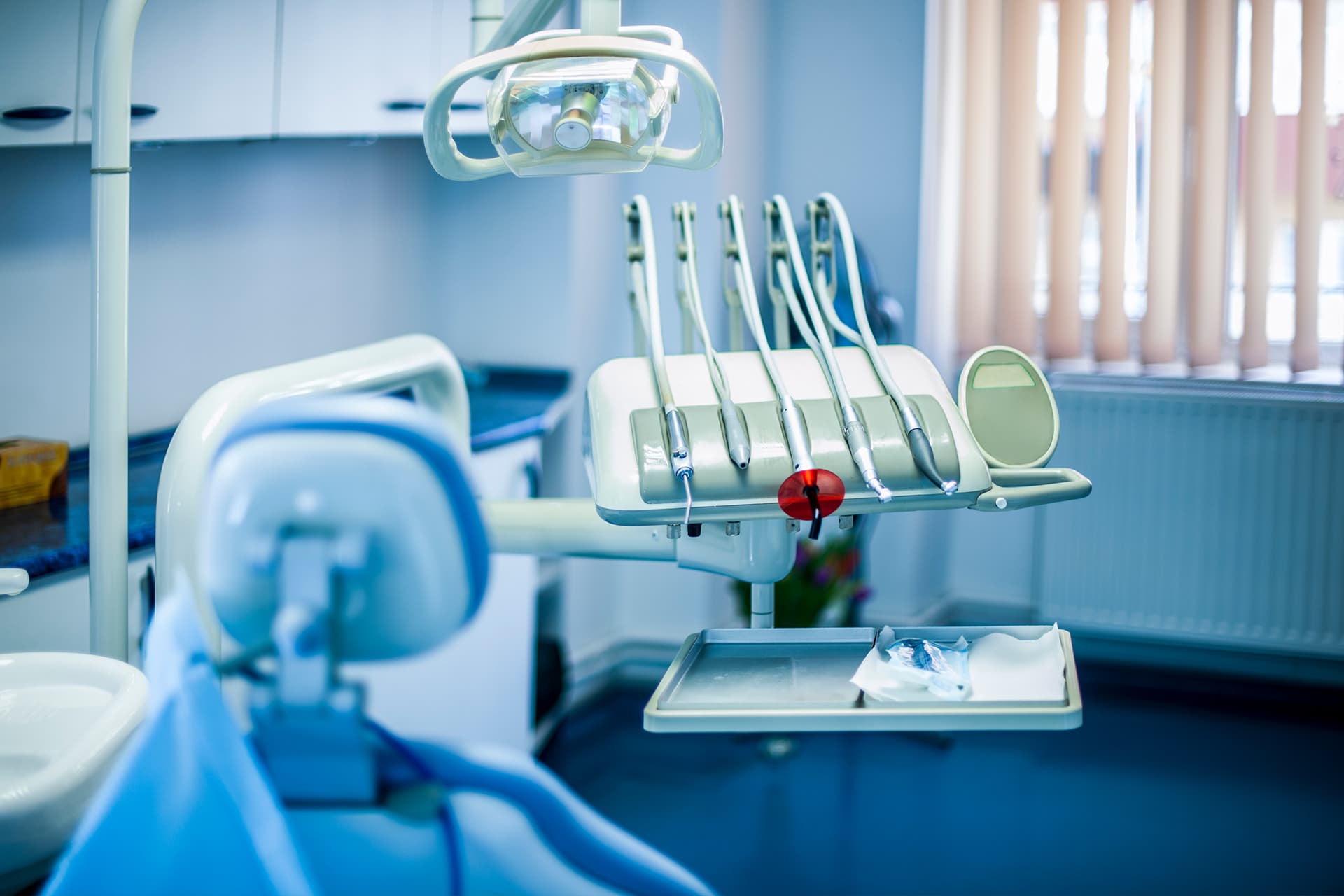Scleroderma is a chronic autoimmune disorder that affects adults between the ages of 30 to 50, and typically affects more women than men. While it is not contagious, research has found that scleroderma can run in families.
Types of Scleroderma
There are two types of scleroderma:
- Limited systemic (also known as localized scleroderma) - affects the skin mainly on the hands, arm and face
- Diffuse systemic (also known as systemic scleroderma) - affects larger areas of the skin and internal organs, such as the kidneys, heart and lungs
Scleroderma literally means "hard skin." With scleroderma, the body produces too much collagen, which causes thickening of the skin and scarring of the internal organs. Symptoms can include thickening and hardening of the skin, sores on the fingertips, red spots on the face and chest, swelling and pain in the fingers and toes, muscle weakness and diarrhea.
In diagnosing scleroderma, blood tests, tissue samples and a skin assessment may be performed. Additional testing may also be ordered to check for any lung, heart or kidney complications such as pulmonary fibrosis (scarring of the lungs), elevated blood pressure in your lungs and kidneys, acid reflux, and arrhythmias due to scarring of the heart tissue.
Controlling Scleroderma
While there is no cure for scleroderma, the symptoms can be controlled and complications can be prevented. We recommend the following:
- Anti-inflammatory drugs and steroids to decrease the inflammation and pain
- Blood pressure medication
- Physical therapy
- Exercise
- Stop smoking
- Manage heartburn
It is also important for you to have a support system – family and friends – to help you cope.

